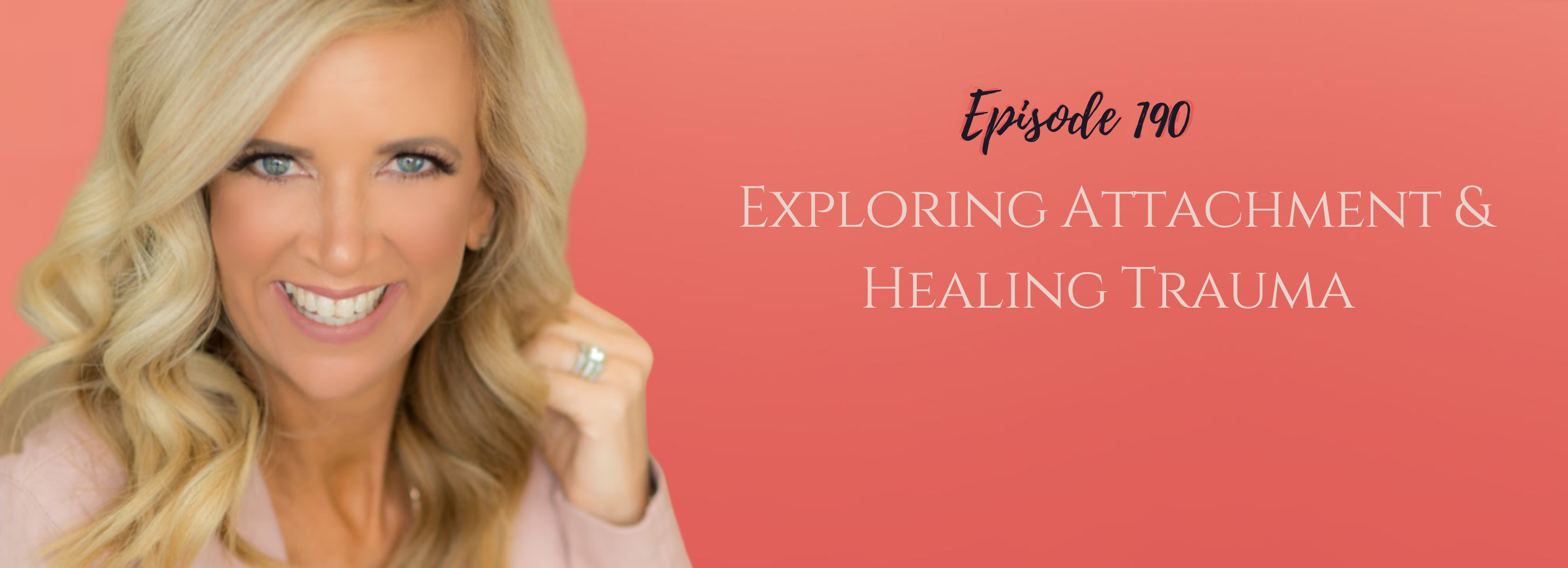
Exploring Attachment & Healing Trauma with Laura Reagan, LCSW-C|12.7.2022
You'll Learn
- What attachment exactly is
- The impact of trauma on attachment
- Why is it important to know your attachment style
- The role of the nervous system plays in trauma and attachment wounds.
Resources
For counseling services near Indianapolis, IN, visit www.pathwaystohealingcounseling.com.
Subscribe and Get a free 5-day journal at www.kristendboice.com/freeresources to begin closing the chapter on what doesn’t serve you and open the door to the real you.
This information is being provided to you for educational and informational purposes only. It is being provided to you to educate you about ideas on stress management and as a self-help tool for your own use. It is not psychotherapy/counseling in any form.
[fusebox_transcript]